TV genres are more like arbitrary guidelines than strict boundaries, but viewers still rely on them.
We want to see police officers in police procedurals, doctors in medical shows, and dragons in dragon shows.
But what happens when a show crosses its genre guardrails and goes rogue?
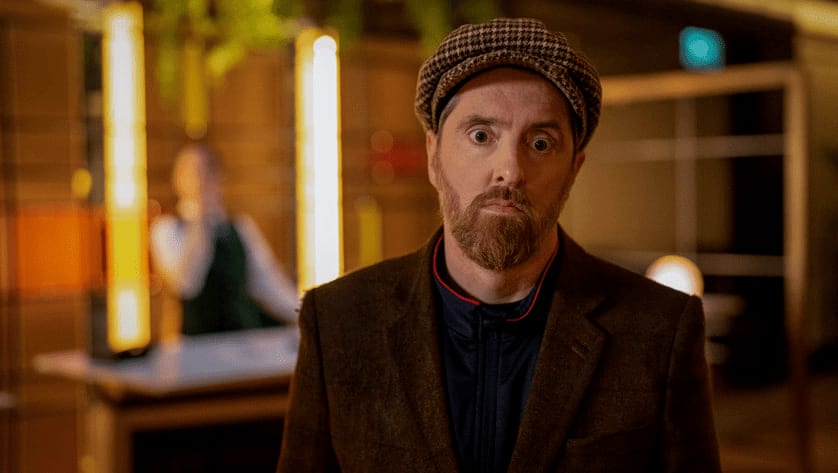

This happens more often than you might think, especially in shows with a supernatural twist.
It’s so common, it even has a name: supernatural trope.
Wait…did you hear that?
Television shows often feature Halloween-themed supernatural plots, and it makes sense.
This is the time of year when people enjoy weird pranks and can easily explain them away (or just not mention them again).
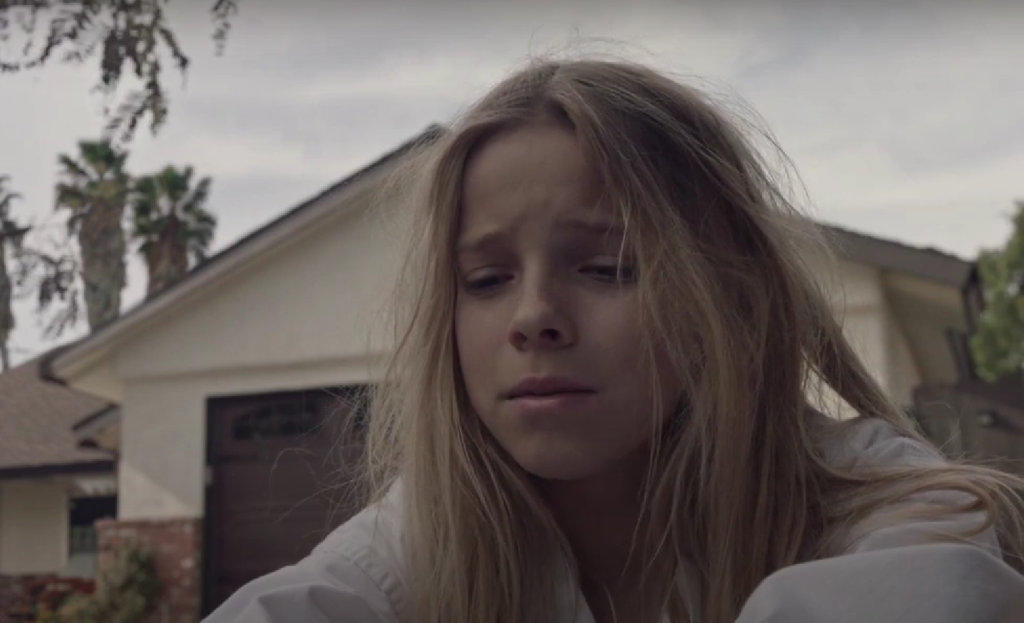
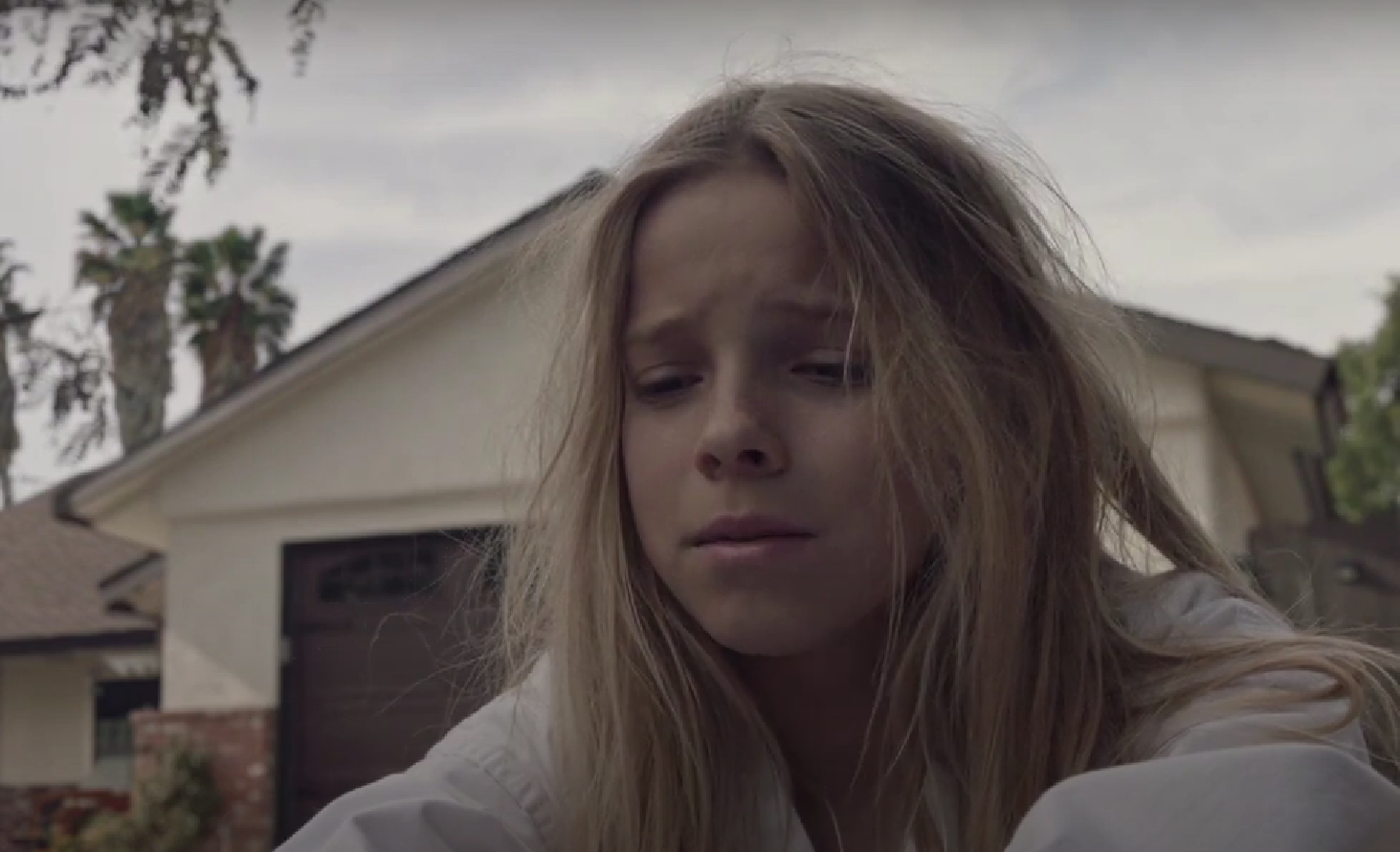
The “real” supernatural aspects hidden within the holiday pretense blur the line between the show’s established reality and how far that reality can be stretched to accommodate the supernatural.
This often takes the form of “help” from a ghost that turns out to be real or a prophecy that turns out to be true.
Many times it is associated with an object or piece of clothing that allows the wearer to enter a spiritual realm or transport them to a different time period.
The “Halloween” episode of My So-Called Life is a high school textbook example, as a retro costume leads Angela (Claire Danes) into the ghostly orbit of Nikki, a student in 1963. He was brutally murdered at the school’s Halloween dance.
If you thought Happy Days was done with its weird episodes after jumping the shark, check out Season 11’s “The Spirit is Willing.”
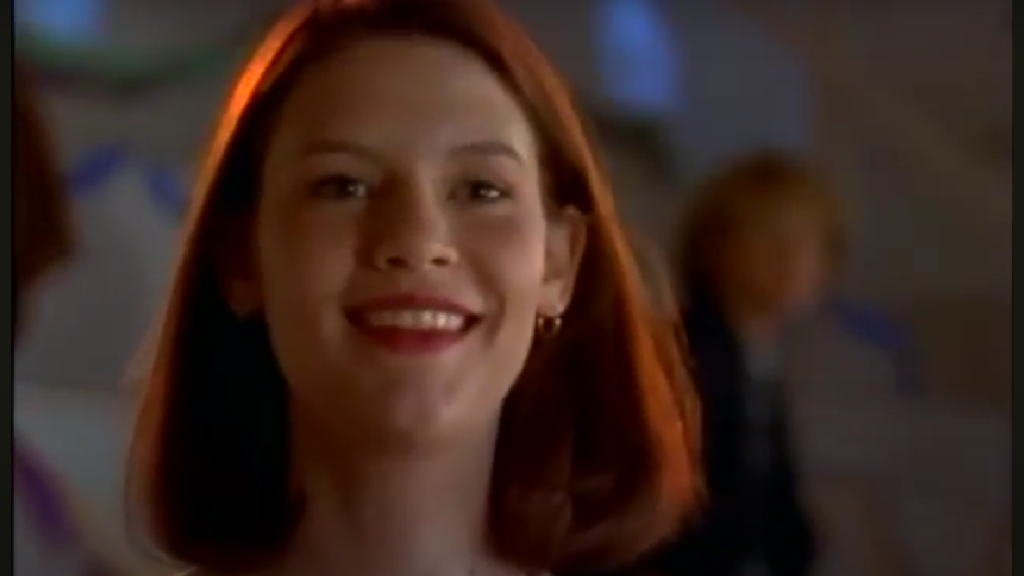
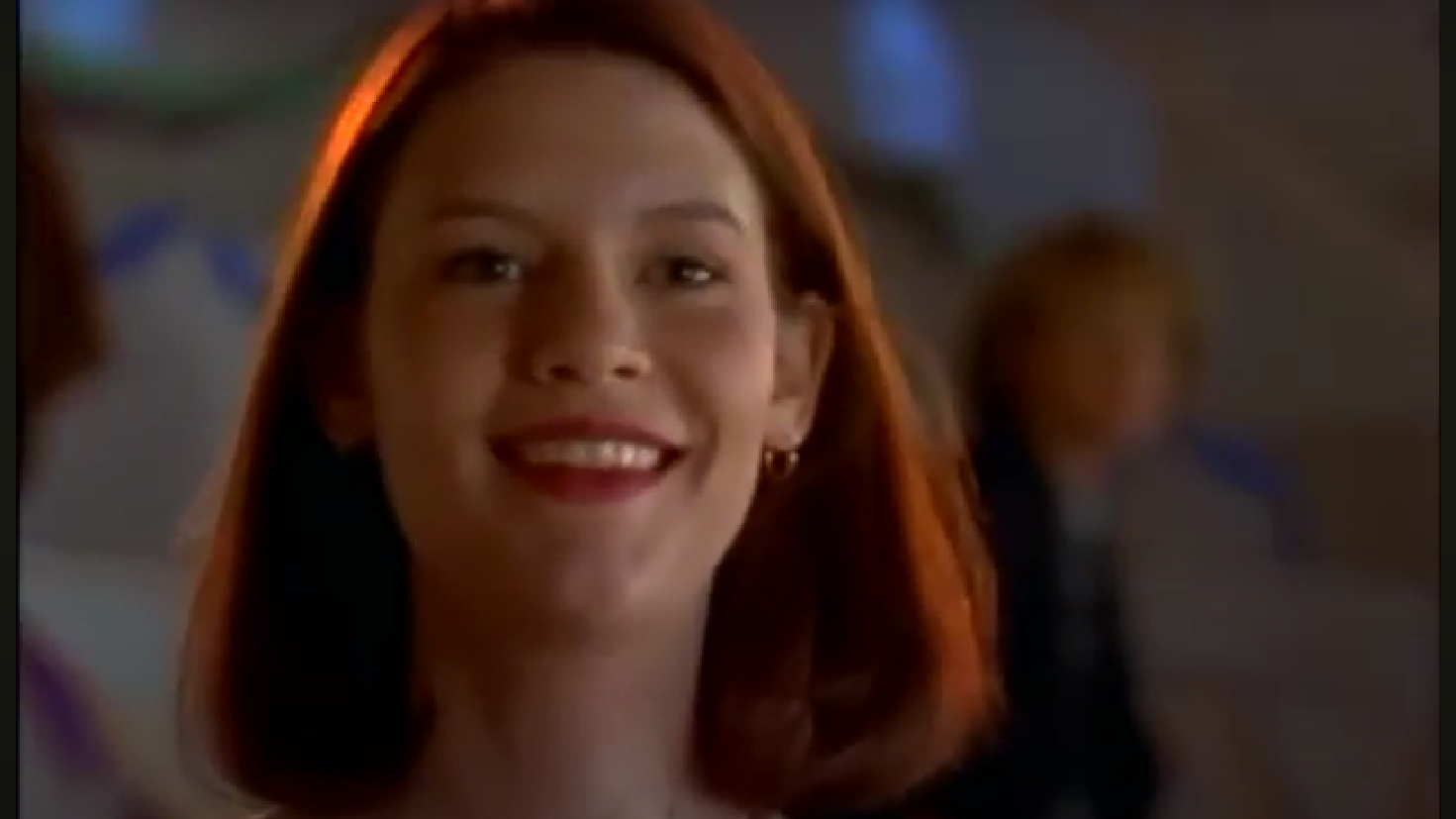
In this article, Fonzie’s latest classic car restoration project makes him wish it was “1955 forever.”
Little did he know that the car had been fitted with a gorgeous Wraith from the factory and was determined to make it happen.
These Halloween episodes are all one-offs, though.
They feature events that fall on the more plausible end of the supernatural spectrum.
They also don’t permanently change the show’s main world.
There must be a completely logical explanation
This type of departure isn’t limited to a specific holiday, and their supernatural aspects aren’t necessarily scary.
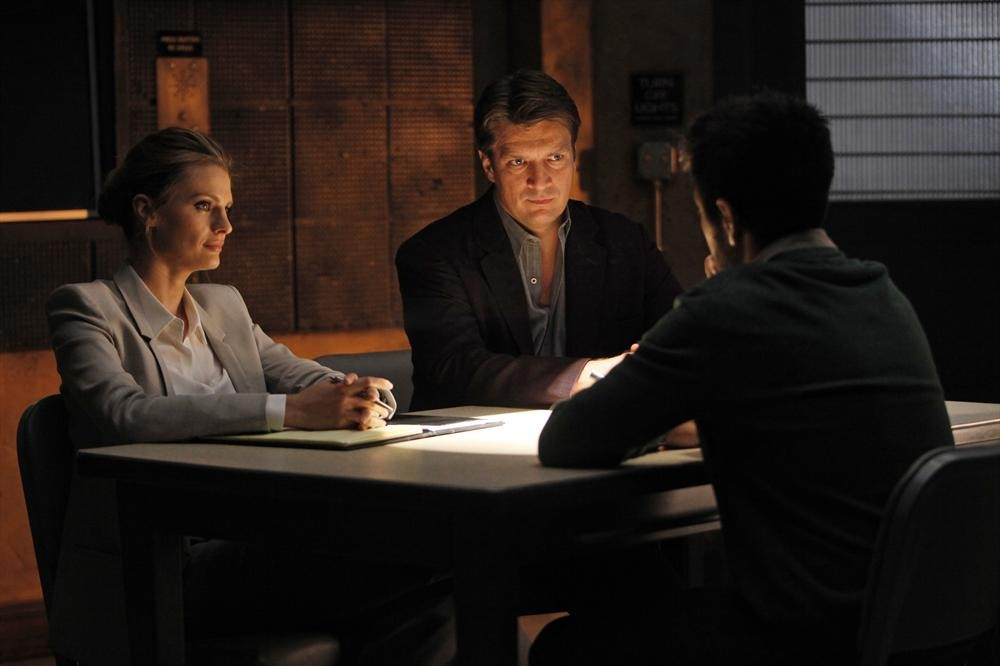

A good example of this is the episode “Time Will Tell,” where a time traveler from the future tries to prevent a catastrophe, but ultimately it becomes unclear whether he and his mission are real.
Shows that lean toward the supernatural in the first place have their own versions of supernatural tropes, just in reverse.
Buffy the Vampire Slayer did this in the Season 6 episode “Normal Again,” in which Buffy (Sarah Michelle Gellar) woke up in a mental hospital, implying that the entire series was a hallucination .
Showrunner Joss Whedon said “Normal Again” was a bit fake and he believed “Sunnydale” and the rest of the show were always “real,” but the bizarre series gave viewers the choice to think Everything they saw was real.
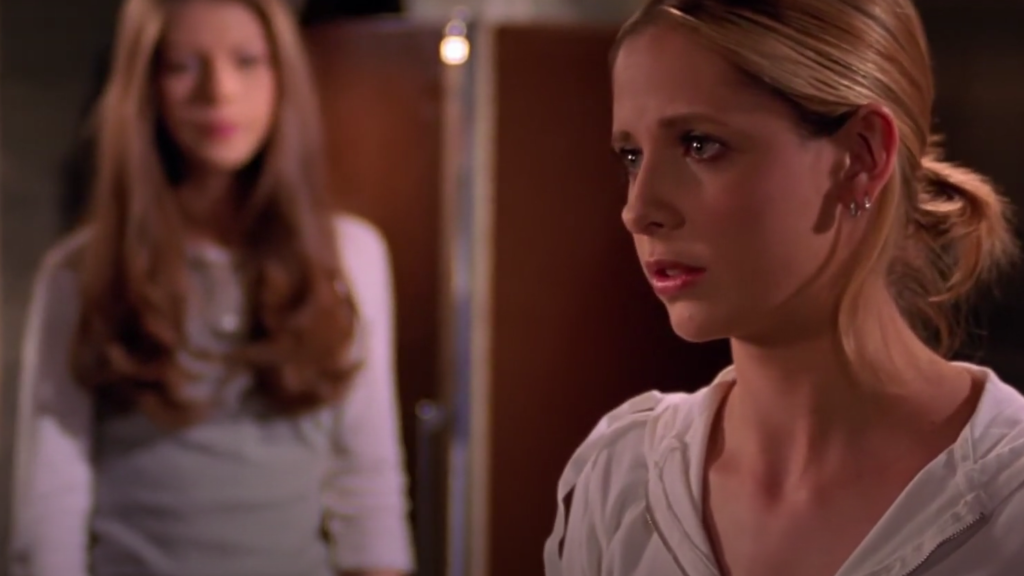
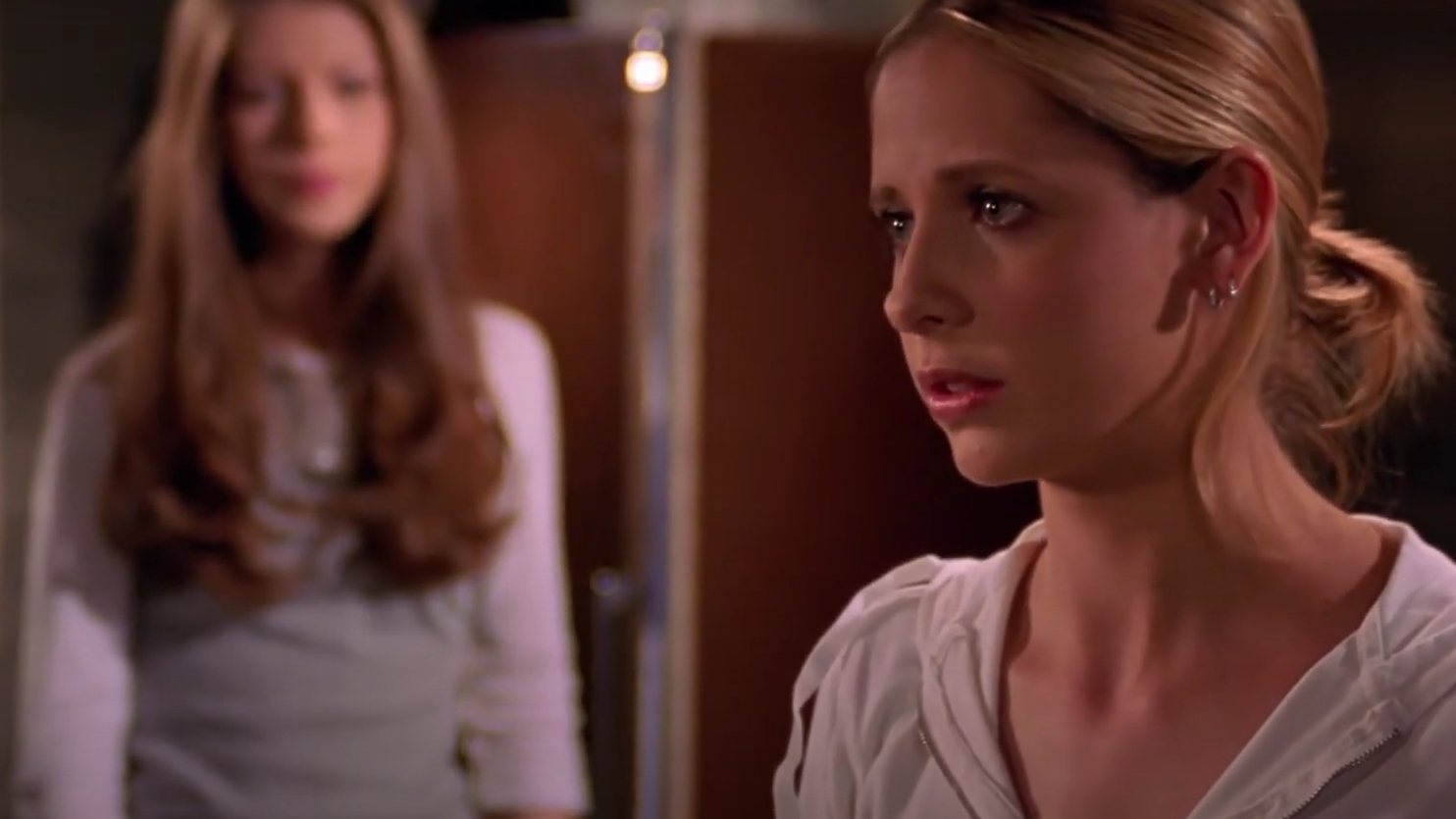
The best parts of these supernatural episodes are exactly what “Normal Again” does:
If viewers choose to accept this possibility, they will keep the show’s canon intact while questioning its overall reality.
But what happens when a show’s supernatural turn isn’t just a blip, but a complete change of direction?
Tell me you saw this too
The original “Roseanne” (1988 – 1997) took a completely unrealistic U-turn in its final ninth season (the series was revived in various forms a few years later).
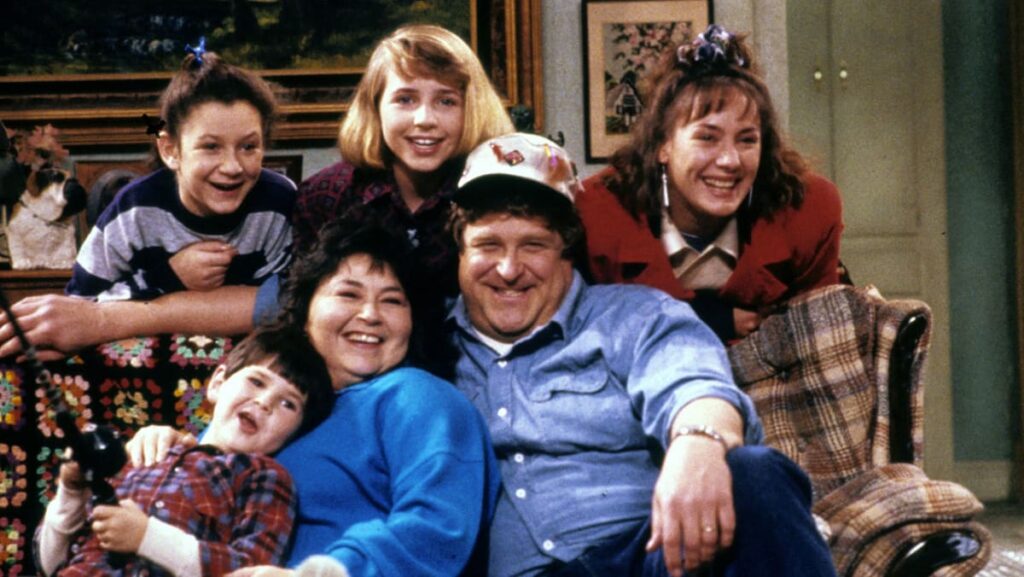
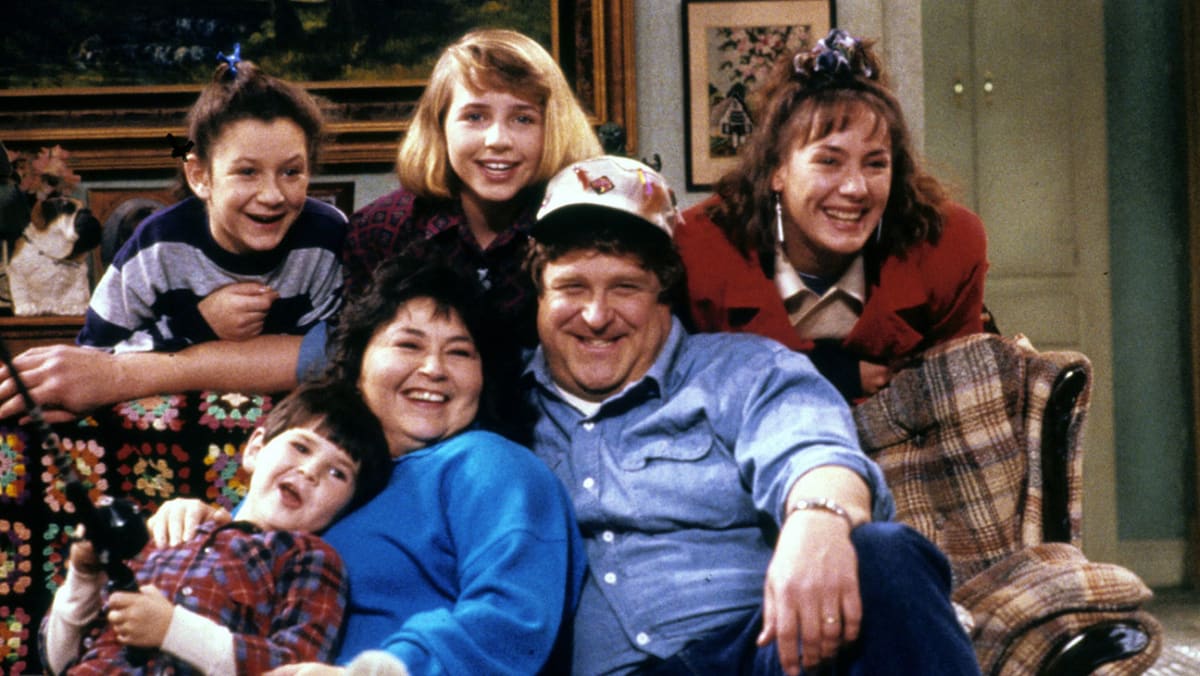
Lauded for its realistic depiction of blue-collar life in an era when situation comedies seem to only feature wealthy white-collar professionals, “Roseanne” begins its ninth season with the Conner family winning the lottery. season.
Offering millions of dollars to the perpetually bankrupt Connors was a departure in itself, but it was just the beginning of increasingly bizarre episodes of classic TV shows where Roseanne or Darlene gave birth to Satan.
The series has not been filmed yet other In the final episode, we try to explain what we’ve been watching all season long:
Roseanne is writing a book to deal with her grief over the death of a family member, so everything we see in season nine — and possibly the entire show — is fiction.
The ending to the series was more unsatisfying than comforting and undermined the legacy of a truly great ’90s series.
Although Roseanne’s format changes spanned the entire season, it had more in common with the “it was all a dream” trope than an unexplained genre shift.
This may sound far-fetched, but…
A recent and truly cross-genre example is My Lady Jane, a Prime Video series that loosely retells how the real Lady Jane Gray became Queen of England for nine days in 1553.
It almost goes without saying that historical series will take liberties with existing facts.
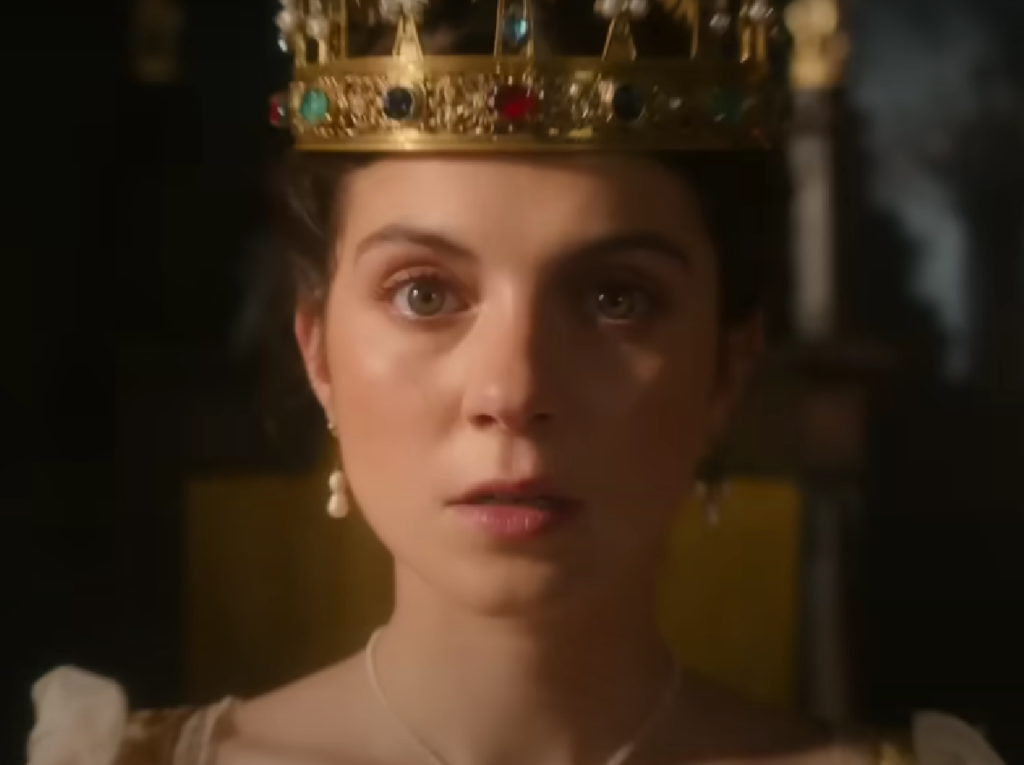
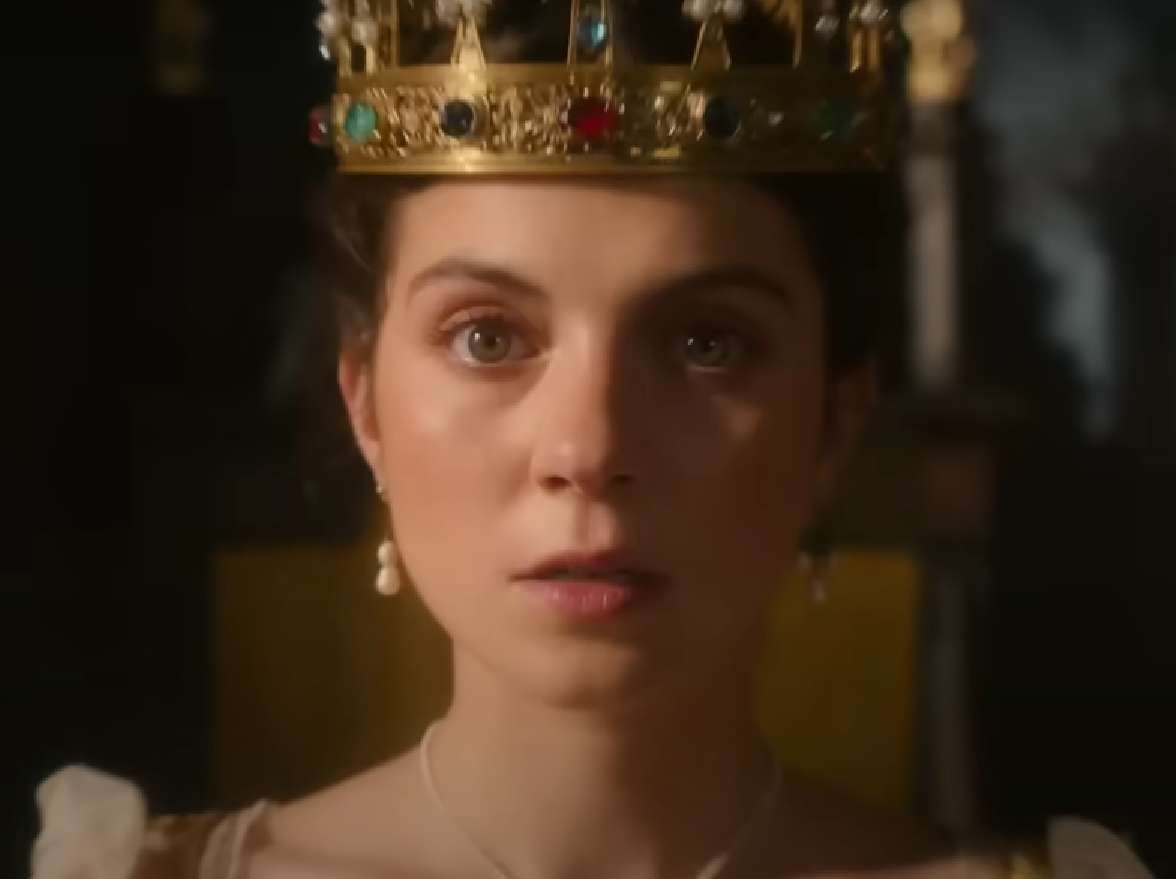
Despite this, Prime Video completely glossed over the clue that My Lady Jane is actually a historical supernatural love story.
For example, some characters can transform into hawks, bears, and horses, which is shocking when it suddenly happens in the first episode of reality.
This development upends our previous expectations of the show and introduces an entirely different genre.
Of course, the show didn’t suddenly shift its characters and setting into outer space, but this turn toward the supernatural was permanent and created an alternate history in which the established monarchy persecuted shapeshifters.
The dramatic change in the show’s direction can be delightful or unsettling.
What is tolerated in a one-off episode can become polarizing when the expectations of an episode are undermined.
In My Lady Jane, the (literal!) shift in tone happens early enough for the audience to exit the ride without wasting too much time. It also helps avoid the kind of betrayal some viewers experienced when Roseanne switched gears during its eighth season.
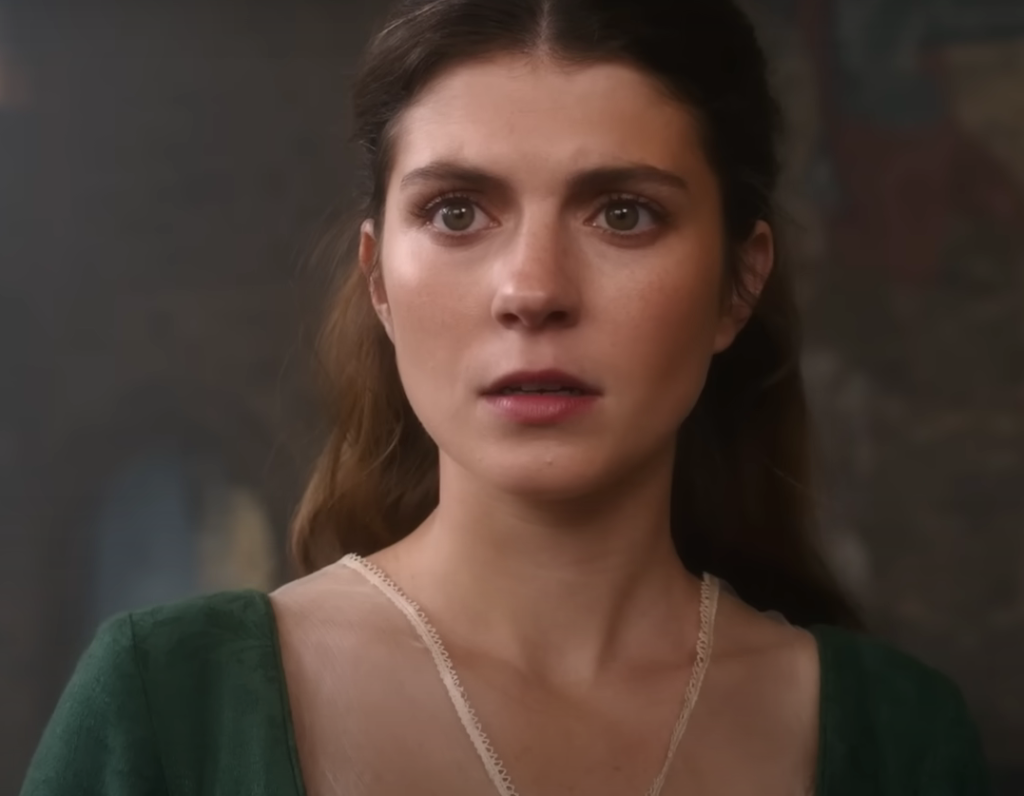
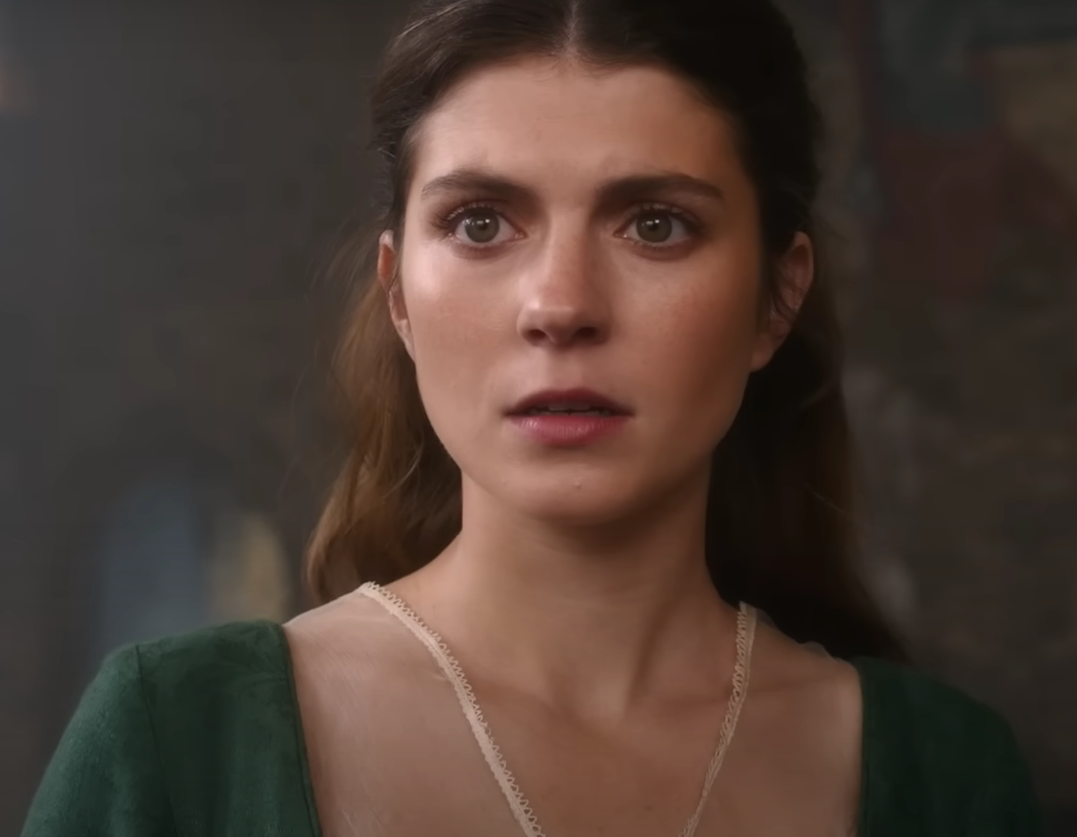
“Lady Jane” was canceled after one season, showing the unexpected dangers of genre-bending.
With more descriptive marketing, we never know how large an audience the show might have had.
If we split into two groups we would cover more ground
The episodes of Supernatural Exodus can be just as divisive as the longer, more drawn-out episodes of the series.
Few would consider Barry to be realistic, but Season 2’s “Ronnie/Lily”” This episode is completely ridiculous.
Here’s a little girl karate master who can jump onto rooftops, but may not be entirely human.
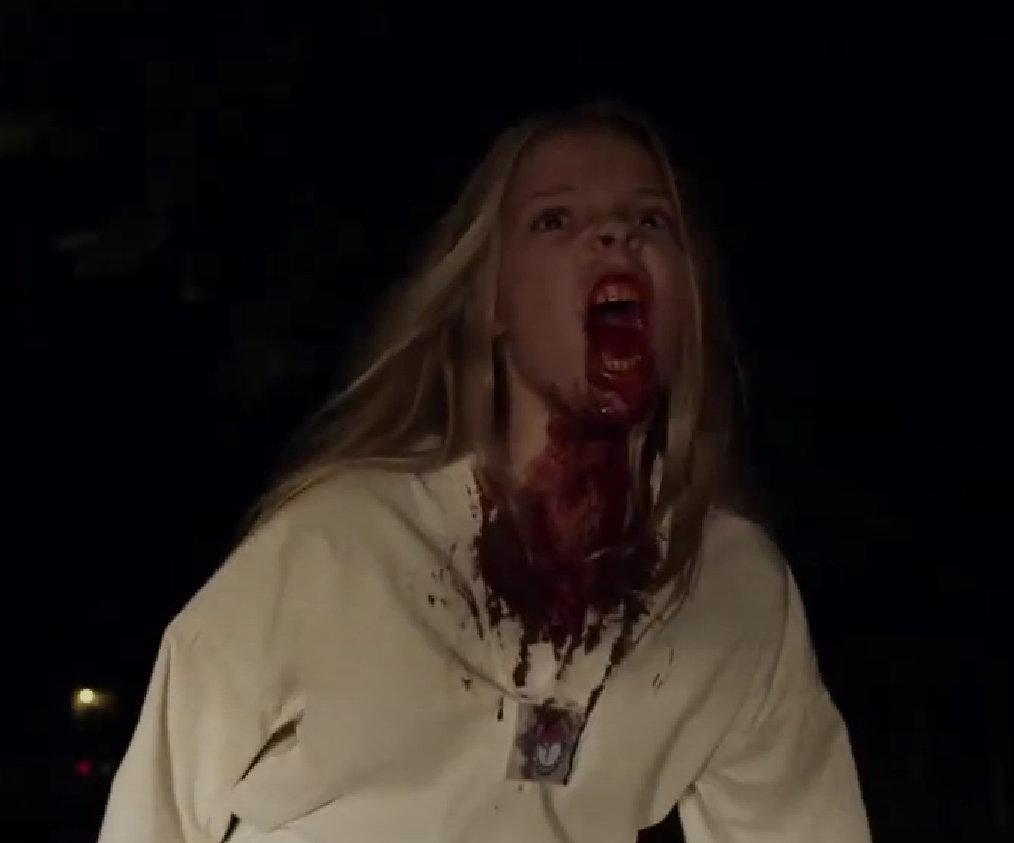

The episode is gory even for a famously gory show, but the deeply disturbing image of an otherworldly little girl defying gravity gives it a special horror edge.
Fans of the show seem to either love or hate this jarring plot (full disclosure: this is the writer’s take on Barry), proving once again just how powerful these supernatural plots can be.
Wait… haven’t we already been down this road?
Supernatural tropes are a time-honored television tradition that make shows work and be fun.
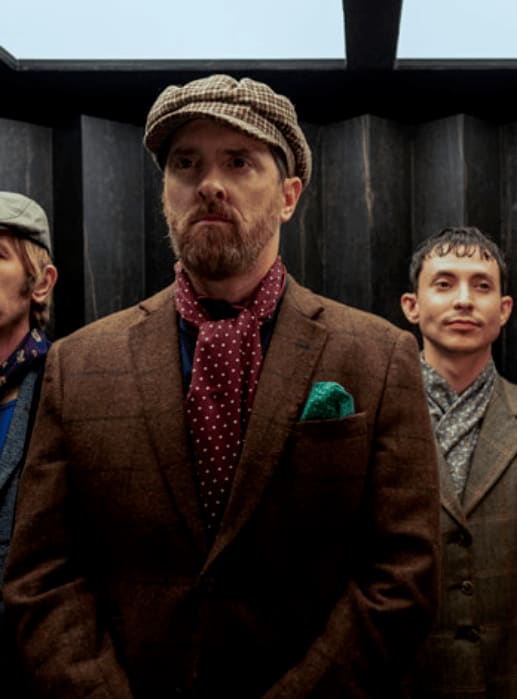

Even the hilariously calm Ted Lasso explores this territory with “The Beard After Hours,” a fever-dream homage to Scorsese’s film that’s also the most obnoxious of the entire series One of the episodes.
In the film, Coach Beard takes the train home alone after a Blue Moon game.
He soon loses his wallet, pants, and all sense of direction, and spends the entire night hopping around in an utterly ridiculous scenario, looking for his way home.
When TV seasons are longer, audiences may be more tolerant of these experimental series, and the personal stakes aren’t as high.
Still, it’s interesting to see how controversial they can be today.
What is your favorite supernatural series among reality shows? Let us know in the comments!

